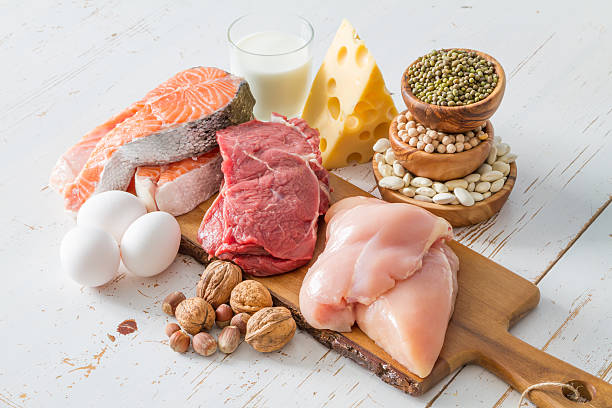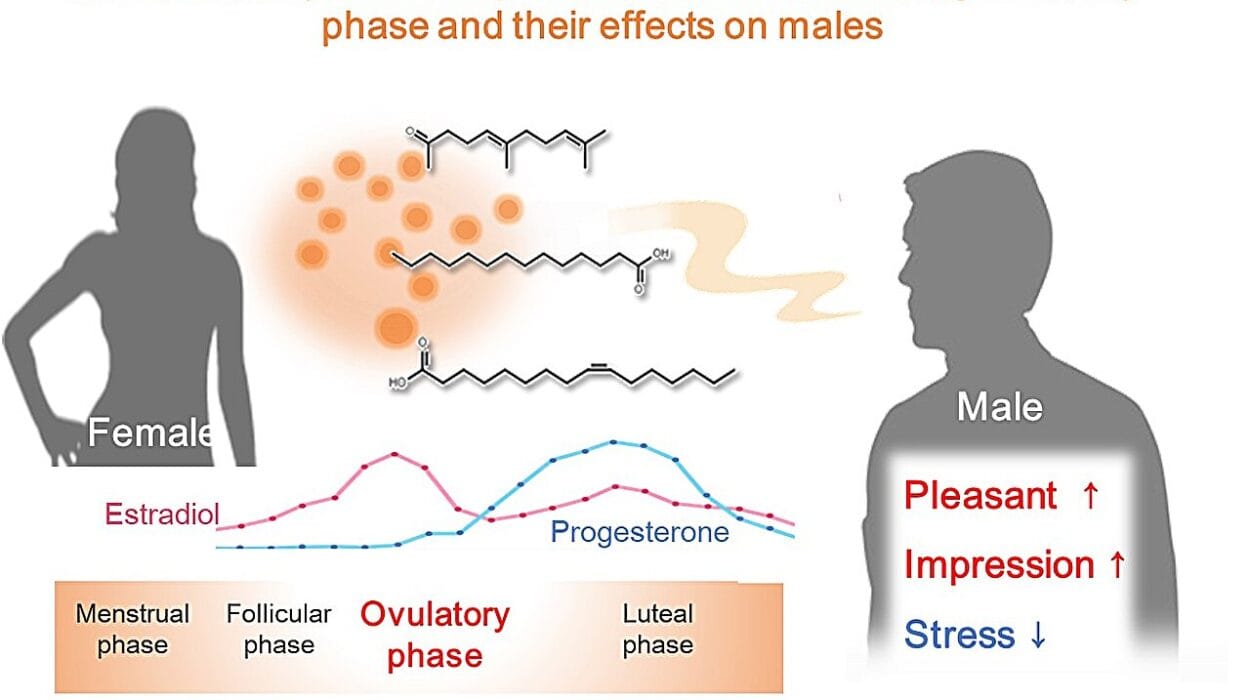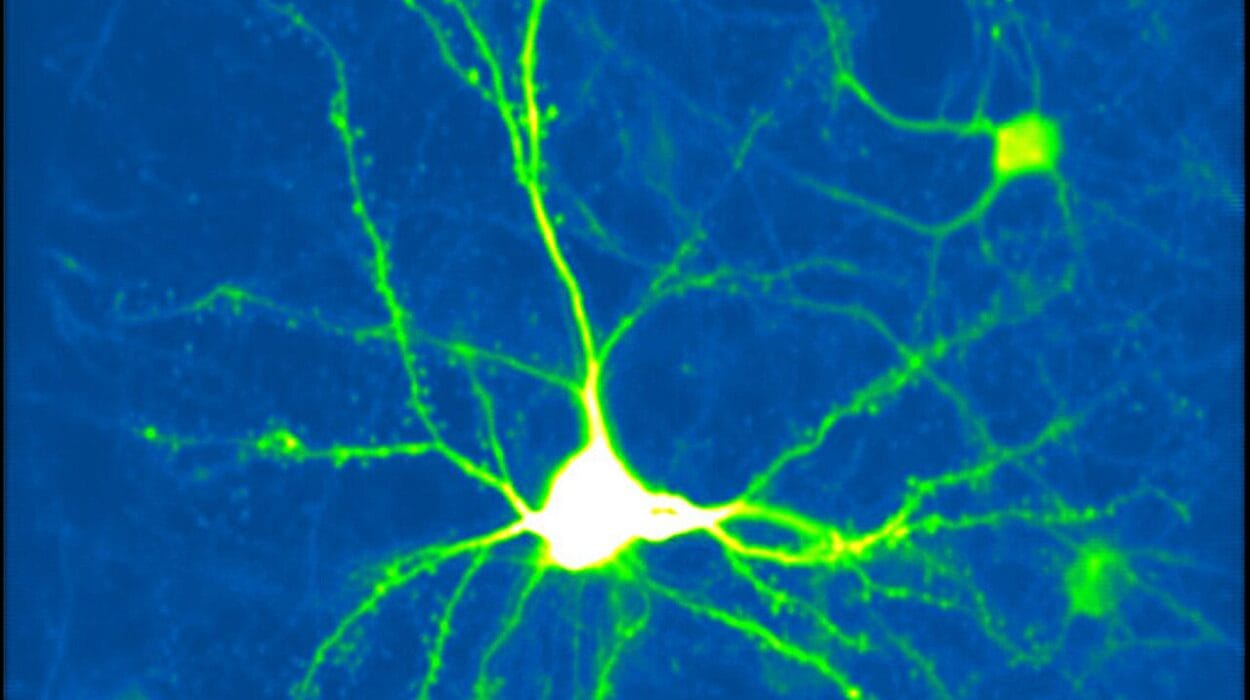Aging is one of the most natural processes of human life. From the moment we are born, our bodies begin a lifelong journey of growth, transformation, and gradual change. Yet, while aging is inevitable, the way we experience it is not fixed. Our choices—especially the foods we eat—have a profound influence on how gracefully and healthily we age.
Nutrition is not merely fuel for survival; it is information for our cells, nourishment for our organs, and a quiet architect of how we age. Every meal carries the power to strengthen bones, sharpen memory, energize the body, and protect against chronic disease. As science continues to unlock the secrets of longevity, it becomes increasingly clear that one of the most powerful medicines available to us lies right on our plates.
Healthy aging is not about chasing eternal youth or avoiding wrinkles; it is about maintaining vitality, independence, and joy as the years pass. It is about ensuring that our minds remain sharp, our bodies resilient, and our spirits vibrant. And one of the surest paths to this is through mindful, balanced nutrition.
Why Nutrition Matters More with Age
As the body ages, its nutritional needs shift. A teenager and a seventy-year-old do not require the same balance of calories, proteins, and micronutrients. Older adults often experience changes in metabolism, hormone levels, digestion, and muscle mass. This means that the foods that once sufficed may no longer meet the body’s evolving requirements.
Metabolism naturally slows with age, meaning the body requires fewer calories to function. However, the demand for certain nutrients—like calcium, vitamin D, vitamin B12, and protein—actually increases. At the same time, age-related changes in taste, appetite, and digestion can make it more challenging to eat adequately or absorb nutrients efficiently.
Nutrition also acts as a frontline defense against the diseases most commonly associated with aging: heart disease, diabetes, osteoporosis, cognitive decline, and certain cancers. Research shows that diets rich in whole foods, plant-based ingredients, and essential nutrients can reduce the risk of these conditions while enhancing overall well-being.
Thus, nutrition in later life is not just about preventing malnutrition—it is about optimizing health, supporting independence, and enhancing quality of life.
The Foundation: Balanced, Whole-Food Eating
The first step in supporting healthy aging is embracing a whole-food, balanced diet. Whole foods—fruits, vegetables, whole grains, lean proteins, nuts, seeds, and legumes—offer a treasure trove of vitamins, minerals, fiber, and antioxidants. Unlike processed foods, which often strip away nutrients and add harmful fats, sugars, and preservatives, whole foods work with the body, not against it.
Imagine each meal as a chance to paint with nature’s palette. The bright reds of tomatoes and strawberries bring lycopene and vitamin C; the deep greens of spinach and kale supply iron, magnesium, and folate; the rich oranges of carrots and sweet potatoes deliver beta-carotene and vitamin A. This variety ensures the body receives a spectrum of nutrients that work together to maintain cellular health, repair tissues, and combat inflammation.
Balanced eating also means moderating portion sizes, combining macronutrients—proteins, fats, and carbohydrates—in appropriate proportions, and limiting excess sugars, refined grains, and processed meats that accelerate aging and disease.
Protein: The Protector of Muscle and Strength
One of the most significant challenges of aging is the gradual loss of muscle mass, a process known as sarcopenia. This decline begins as early as the thirties and accelerates with age, leading to weakness, frailty, and increased risk of falls. Protein is the body’s armor against this loss.
Adequate protein intake helps maintain muscle strength, supports immune function, and aids in tissue repair. Unlike younger individuals who can sometimes get away with low protein diets, older adults benefit greatly from including protein-rich foods in every meal.
Good sources include lean meats, fish, eggs, beans, lentils, tofu, and dairy products like yogurt and cheese. For those who follow plant-based diets, combinations like beans and rice, or hummus with whole-grain bread, provide complete protein profiles.
Scientific research suggests that spreading protein intake evenly across meals—rather than consuming it all at once—enhances muscle synthesis and strength. In practical terms, this means including a source of protein at breakfast, lunch, and dinner instead of saving it primarily for the evening meal.
Healthy Fats: Nourishing the Brain and Heart
Fat is not the enemy of aging—it is an essential ally, provided it comes from the right sources. The human brain, which is about 60% fat, relies on healthy fats for structure and function. Moreover, omega-3 fatty acids, found in fatty fish like salmon, sardines, and mackerel, play a critical role in reducing inflammation, protecting against heart disease, and supporting cognitive function.
Studies have shown that diets rich in omega-3s can slow cognitive decline, improve mood, and reduce the risk of Alzheimer’s disease. Other healthy fats, such as those in avocados, nuts, seeds, and olive oil, also contribute to heart health and cellular resilience.
Conversely, trans fats and excessive saturated fats—often found in fried foods, baked goods, and heavily processed snacks—accelerate aging by promoting inflammation, damaging arteries, and increasing the risk of chronic illness.
Carbohydrates: Fueling Energy the Smart Way
Carbohydrates are often misunderstood, but they remain an important energy source, particularly for the brain and muscles. The key lies in choosing complex carbohydrates over refined ones.
Whole grains such as oats, quinoa, brown rice, and barley provide sustained energy, fiber for digestive health, and essential nutrients like magnesium and B vitamins. Fiber is especially vital for older adults, as it aids digestion, prevents constipation, and helps regulate blood sugar and cholesterol.
Refined carbohydrates—white bread, pastries, sugary cereals, and sweetened beverages—provide quick energy but spike blood sugar and accelerate insulin resistance. Over time, they contribute to diabetes, obesity, and heart disease. For healthy aging, the body thrives on steady, nutrient-dense carbohydrate sources.
Micronutrients: Small but Mighty
While macronutrients provide energy and structure, micronutrients—vitamins and minerals—are the unsung heroes of healthy aging. They act as co-factors in countless biochemical reactions, protect cells from oxidative stress, and maintain bone, brain, and heart health.
- Calcium and Vitamin D: Crucial for bone health, preventing osteoporosis and fractures. Dairy, leafy greens, fortified foods, and sunlight exposure all contribute.
- Vitamin B12: Essential for nerve health and energy metabolism. As the body ages, absorption of B12 decreases, making supplementation or fortified foods important.
- Magnesium: Supports muscle function, sleep, and cardiovascular health. Found in nuts, seeds, and leafy greens.
- Potassium: Balances blood pressure and reduces the risk of stroke. Rich in bananas, sweet potatoes, and legumes.
- Antioxidants (vitamins C, E, selenium, polyphenols): Combat oxidative stress, a key driver of aging, and reduce risk of chronic diseases.
Even mild deficiencies in these nutrients can accelerate age-related decline. Thus, mindful food choices and, in some cases, supplementation play a crucial role in ensuring optimal nutrient intake.
Hydration: The Forgotten Nutrient
Water is often overlooked in discussions of nutrition, but it is fundamental to life and particularly important in older adults. With age, the body’s sense of thirst diminishes, increasing the risk of dehydration. This can lead to confusion, fatigue, urinary tract infections, and constipation.
Adequate hydration supports kidney function, aids digestion, lubricates joints, and helps regulate body temperature. While the exact amount needed varies by individual, a general guide is about 6–8 glasses per day, adjusting for activity and climate. Foods with high water content—like cucumbers, oranges, and melons—also contribute to hydration.
The Role of Gut Health in Aging
The gut is often referred to as the “second brain,” and its health has profound implications for aging. The trillions of microbes residing in the digestive tract influence digestion, immunity, metabolism, and even mood. As people age, gut diversity tends to decline, contributing to inflammation, reduced immunity, and chronic disease.
A diet rich in fiber, probiotics, and prebiotics helps maintain a healthy gut microbiome. Yogurt, kefir, sauerkraut, kimchi, and other fermented foods introduce beneficial bacteria, while foods like garlic, onions, and bananas provide prebiotic fibers that feed these microbes.
Maintaining gut health not only aids digestion but also strengthens the immune system and reduces the risk of inflammatory diseases common in aging.
Preventing and Managing Chronic Diseases through Nutrition
Healthy aging is closely tied to the prevention and management of chronic diseases. Nutrition plays a direct role in lowering risks:
- Cardiovascular Disease: Diets rich in fruits, vegetables, whole grains, and healthy fats reduce blood pressure and cholesterol.
- Diabetes: Low-glycemic, fiber-rich foods help stabilize blood sugar.
- Osteoporosis: Adequate calcium, vitamin D, and protein maintain bone density.
- Cognitive Decline: Diets high in antioxidants, omega-3s, and plant-based foods protect brain health.
- Cancer: Plant-based diets reduce inflammation and provide protective phytochemicals.
Research shows that dietary patterns like the Mediterranean diet and DASH (Dietary Approaches to Stop Hypertension) diet are particularly effective in supporting longevity and reducing disease risk.
The Emotional and Social Side of Eating
Food is more than nutrients—it is also culture, pleasure, and connection. Shared meals strengthen relationships, reduce loneliness, and provide emotional nourishment that is just as important as vitamins and minerals. For older adults, maintaining social eating habits can prevent isolation, depression, and poor nutrition.
Enjoying food is part of healthy aging. Cooking favorite meals, savoring flavors, and sharing them with loved ones enrich the experience of eating. A healthy diet should never feel like punishment; it should be a celebration of life and vitality.
Adapting Nutrition to Individual Needs
Healthy aging does not look the same for everyone. Some people may need to adjust their diets due to medical conditions, medication interactions, or personal preferences. For instance, those with reduced appetite may need smaller, nutrient-dense meals. People with chewing difficulties may prefer softer foods. Those with lactose intolerance may rely on fortified alternatives for calcium and vitamin D.
Personalized nutrition, guided by healthcare professionals, ensures that each individual receives the right balance of nutrients for their unique needs.
The Future of Nutrition and Longevity
Science is rapidly advancing in understanding how nutrition influences aging at the cellular level. Research into telomeres, the protective caps on chromosomes, suggests that diet and lifestyle can slow cellular aging. Nutrigenomics—the study of how food interacts with genes—may soon allow personalized diets tailored to individual genetic profiles.
Meanwhile, centuries-old wisdom continues to guide us: eat whole foods, embrace variety, savor meals, and nurture the body and mind with balance. The future of nutrition may involve advanced technology, but the essence of healthy eating remains timeless.
Healthy Aging as a Lifelong Commitment
Ultimately, healthy aging through nutrition is not about strict rules or magical superfoods. It is about consistency, balance, and joy. Every bite is an investment in the future self, shaping not only how long we live but how well we live.
Aging well does not mean avoiding every wrinkle or ache; it means walking into the later decades of life with vitality, independence, and fulfillment. Nutrition is one of the most powerful tools to make this possible.
To age healthily is to honor the body with foods that strengthen, heal, and energize. It is to recognize that nourishment is more than calories—it is care, love, and respect for the life we are privileged to live.






